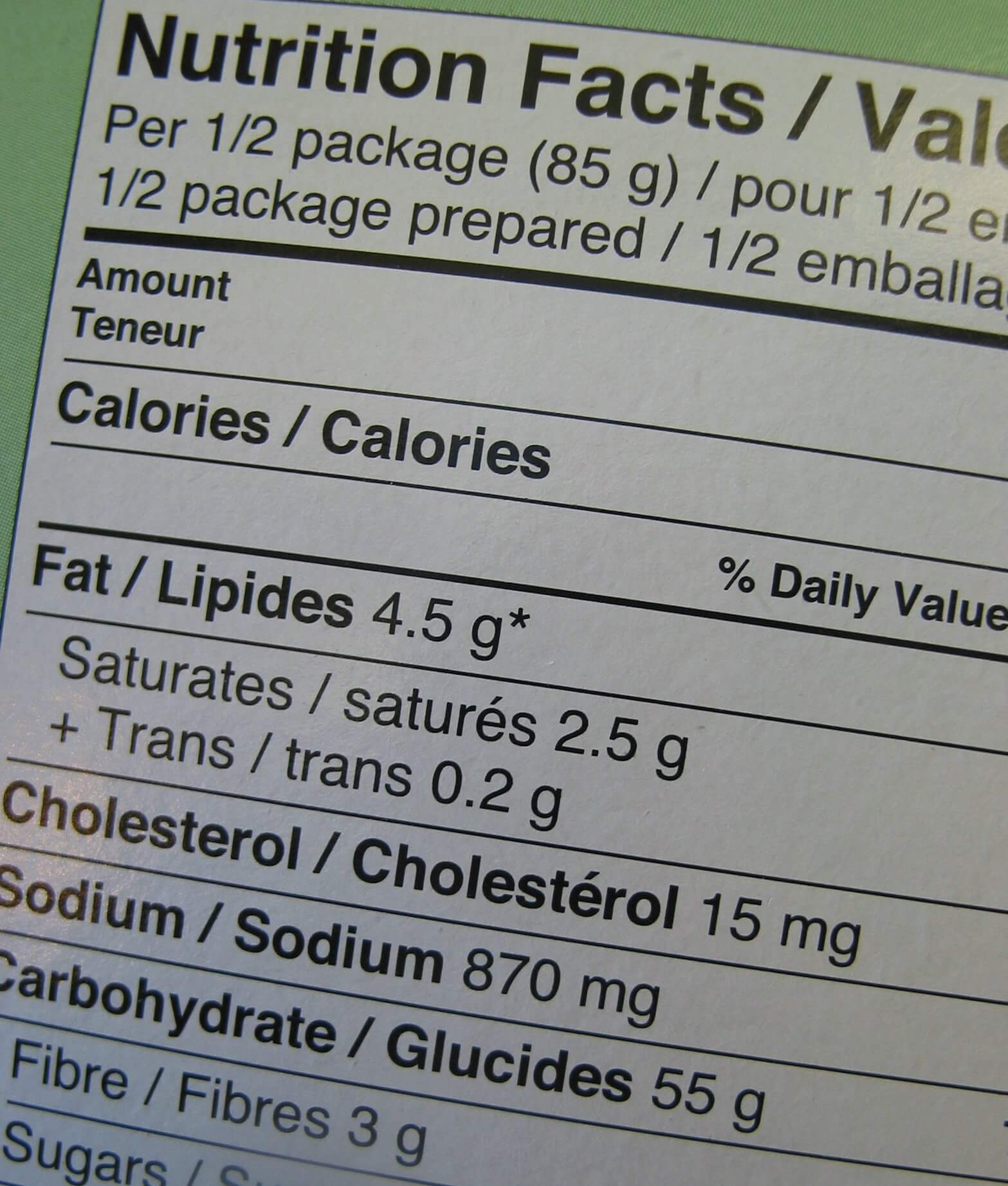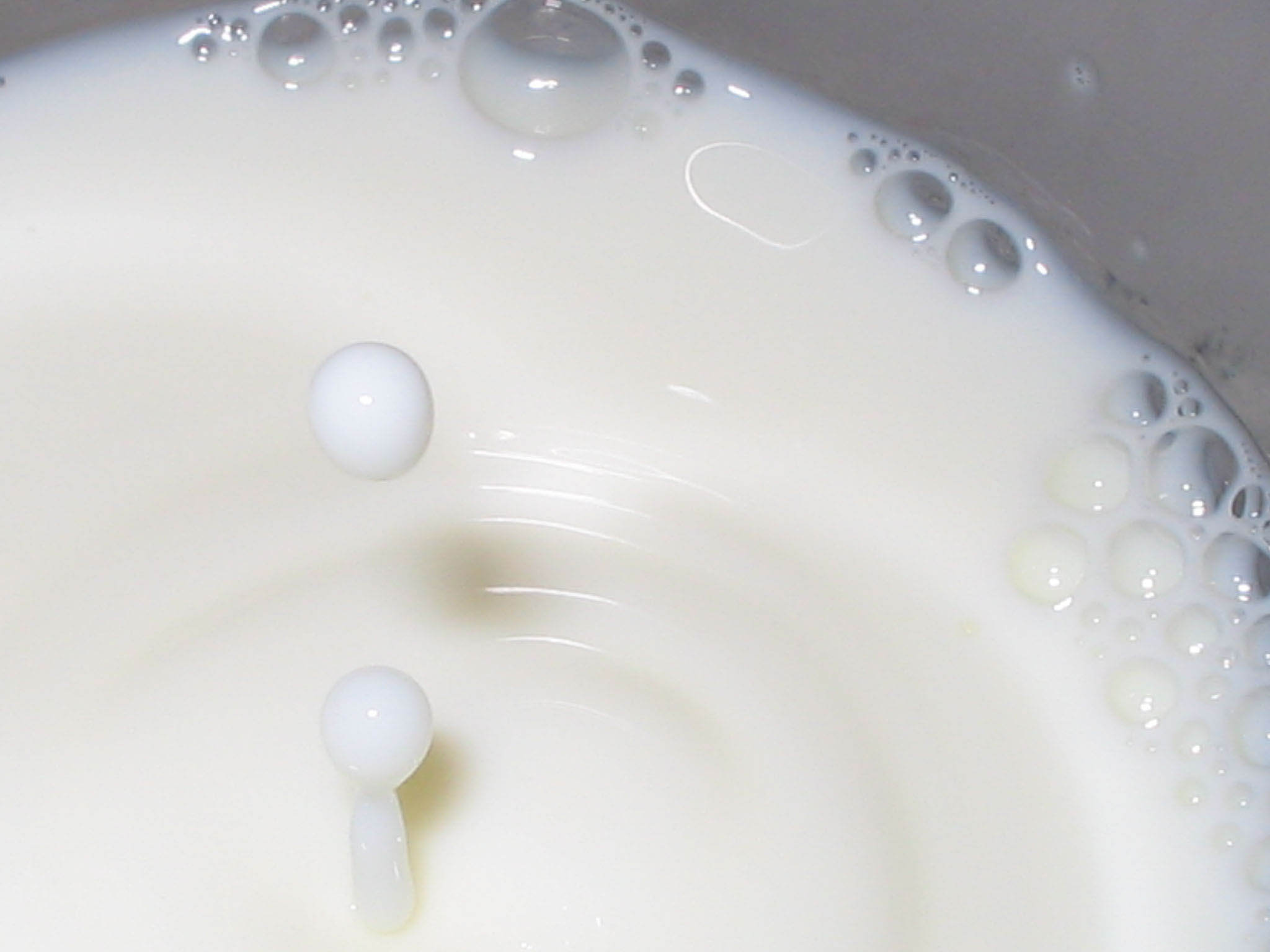
Both. Our bodies naturally need cholesterol to help make healthy cells and hormones. It also helps make nerve synapses (which allow you to think and learn new things). Cholesterol also helps Vitamin D production when sunlight hits our skin.
Cholesterol has long been studied and debated. Opinions about cholesterol have changed with time and new guidelines have been published. We were once sold that high cholesterol foods were bad and linked to cholesterol in our blood. In turn, the food industry responded with “fat-free” products (mostly mixed with substitute sugars and other high-calorie not-so-healthy ingredients to make it more taste). What happened? Obesity kept rising. Cholesterol-rich foods have been looked down upon for decades. It’s important to understand the difference between natural cholesterol and oxidized cholesterol in food.
Studies show that eating foods that are naturally rich in cholesterol, like eggs, only change your total cholesterol levels slightly. Studies show that if you do not eat enough cholesterol, your liver will make more for you. Natural cholesterol- rich foods are not the problem. According to Dr. Fred Kummerow, who has been studying cholesterol for 60 years, the problem is oxidized cholesterol. Oxidized cholesterol is formed when vegetable oils, like soybean, corn, and sunflower oils are heated. Think fried foods. Too much oxidized (“bad”) cholesterol builds plaque in your bloodstream and eventually hardens your arteries – an important role in the development of atherosclerosis. So, eat the good kind of cholesterol and avoid that bad kind.
All in all, research has shown that dietary cholesterol only contributes about 20% of our blood cholesterol. Besides a diet high is oxidized cholesterol, it’s important to consider all the other factors that contribute to high blood cholesterol risk include:
– genetics
– obesity
– smoking
– lack of exercise
– diabetes
– sugar intake
Really? Sugar is linked to cholesterol? Yes, really.
A study published in 2010 in JAMA found that women who ate more sugar tended to have higher levels of “bad” cholesterol. The 2015 Dietary Guidelines Advisory Committee recommends that sugars be reduced in our diet. Furthermore, sugar should not be replaced with artificial sweeteners. Sometimes sweeteners are worse for our bodies than natural sugar. According to the Harvard School of Public Health, American consumes on average of 350 calories of added sugar daily. The recommended intake for women is 100 calories.
Tips:
- Limit fried foods.
- Limit sugary drinks (sodas) and foods (baked products). Avoid sweeteners.
- Limit processed foods (usually high is fats, sugars, etc.).
- Choose olive oil and coconut oil over butter. Olive oil should be used cold. Coconut oil should be used for cooking.
- It’s ok to eat naturally-rich cholesterol foods like organic pastured eggs (in moderation). Eggs are not only a great source of protein, but it also contains other nutrients like choline, selenium, biotin (for healthy hair), B vitamins, phosphorus, and antioxidants.
- It is also ok to eat grass-fed pastured lean beef – in moderation, of course. Compared to other beef, grass-fed beef is higher in beta-carotene, vitamin E, B vitamins and minerals.
- Try skinless chicken and other lean proteins.
- Choose more plant-based foods like fruits, veggies, nuts, seeds and beans.
- Get some sun. This will allow your body to create vitamin D sulfate—it may prevent plaque formation is your arteries.
- Avoid smoking.
- Get good sleep.



